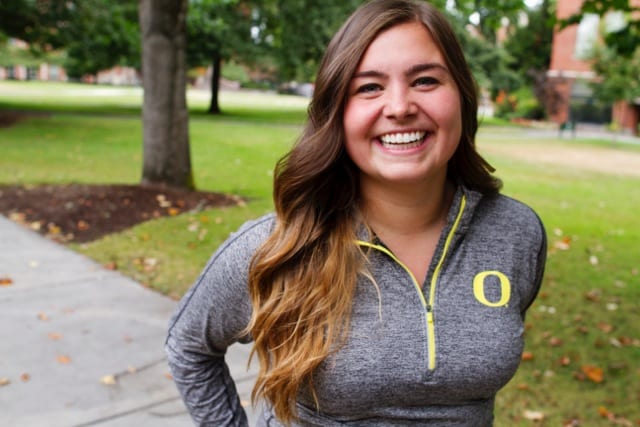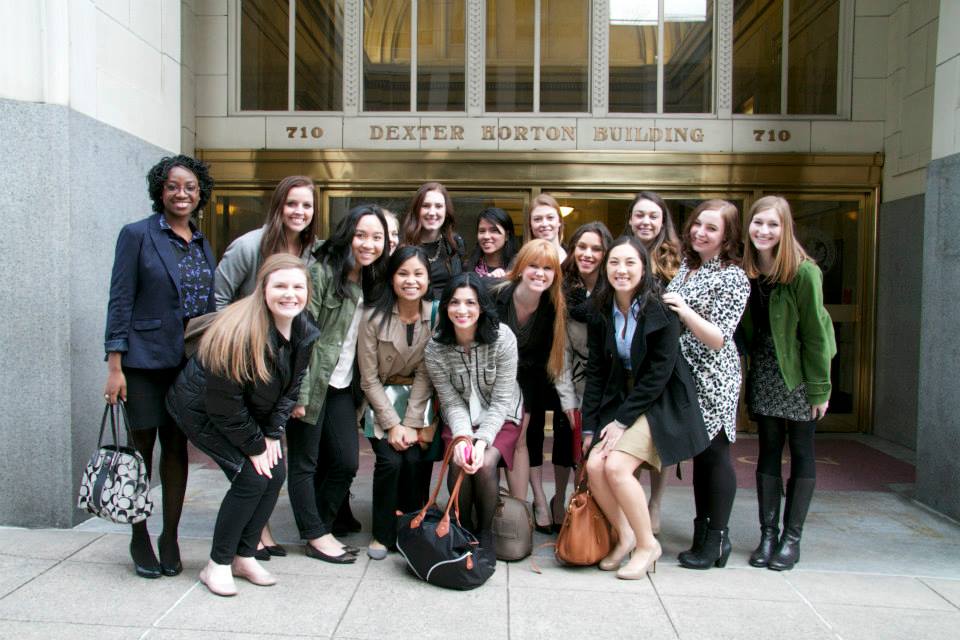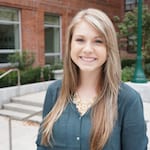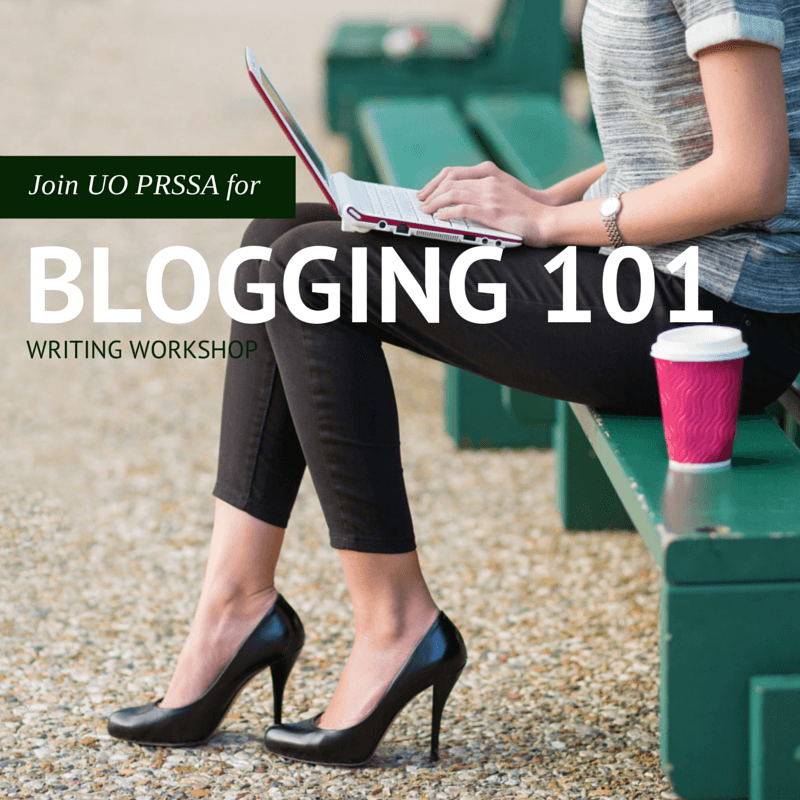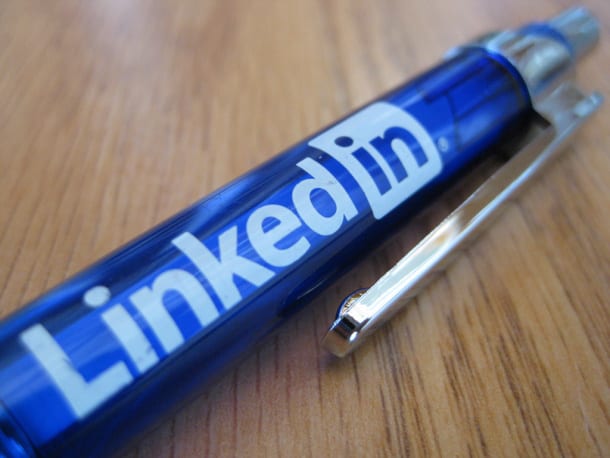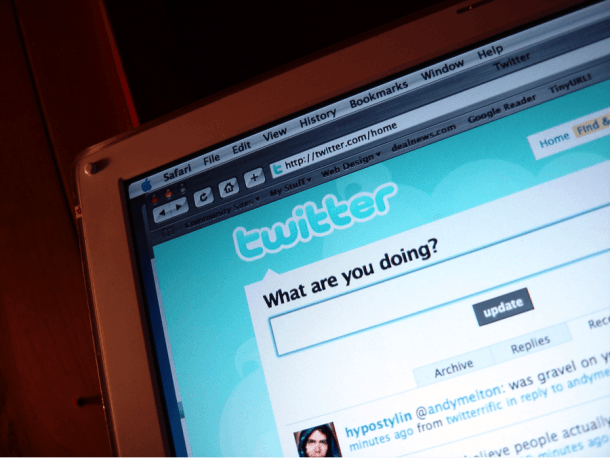Jen Eisenmann is a University of Oregon SOJC alumna who works as a social media and event production intern for the San Francisco Giants. During her time at the SOJC, she worked as a digital strategist for the University of Oregon Athletic Department and an account supervisor for Allen Hall Public Relations. Below she discusses her experience in the professional world.
Q: What are you responsible for as the San Francisco Giants’ Social Media and Event Production Intern?
A: My responsibilities change depending whether the team is home or away. When the team is home, I help with day-of responsibilities. This changes depending on what is going on at the park. Usually I am responsible for updating our Snapchat, gathering content for Facebook and Twitter, preparing a Run of Show for our social media center, the @Cafe. Since my job also includes event production I will help with any special events going on in the park that day. This can include bringing different groups onto the field for on-field performances, coordinating National Anthems and helping with events around the park. When the team is away, my days are more of the classic 9-5, I have planning meetings and prepare for the next homestand.
Q: How did you get to where you are today?
A: I started working in social media through an internship with The Duck Store. I randomly applied the summer after my sophomore year and ending up getting it. About 6 months after that, the Quack Cave asked if I would like to join their team. After working there the whole summer I was asked to be the lead for football. I tweeted for every home and away football game during the 2013 season. When football ended I took a little break until baseball season started and began tweeting for Oregon Baseball. I was graduating a term early and decided to start applying for jobs in late-January. In mid-February I got a call from the Giants for an interview. After three rounds of phone interviews they called to let me know I had the job. In late March, I moved to San Francisco and started working for the Giants during their preseason games.
Q: Is there anything you wish you had learned or a skill you wish you had spent more time honing during your time in school?
A: I wish I would have taken a CIS class. So many social media jobs these days ask for you to have some experience with HTML coding and I have absolutely no background there. I also wish I would have taken one or two more design classes, just to be more confident in my abilities on Illustrator and InDesign.
Q: What is the most needed skill in your job and why?
A: I think the most important skill for someone who wants to work in sports is flexibility. Things change every single day and it can seem like nothing is going right, but you have to keep going because the game still has to start on-time. I think you need to be ready for really bad days and really good days. You can’t let little mistakes get to you and you really just have to be prepared for whatever gets thrown your way.
Q: What advice do you have for a student seeking a job in PR?
A: Apply for everything and be ready for anything. Everyone says it’s all about who you know; I knew no one at the Giants when I applied for the job here. I was hired because of what I knew. So if you think you are qualified for something and want a certain job, go for it. Don’t discredit what you know.
Be sure to attend our meeting at 6 p.m. tomorrow night in Allen 141 to hear from Jen Eisenmann as she shares her insight with us!
Nicola Hyland, external relations committee member, is a junior pursuing a degree in public relations and a minor in business administration. Follow her on Twitter at @NicolaMorgan_.


